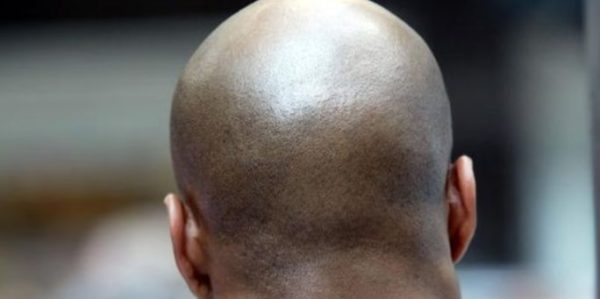ENTERTAINMENT
10 things you need to know before you get a hair transplant

Hair transplant can be an effective solution for those experiencing pattern baldness (androgenetic alopecia), especially in men. It is generally less effective for those with diffuse hair thinning or widespread hair loss.
The transplanted hair is typically resistant to the hormones that cause hair loss, making the results permanent. However, the success of the procedure can vary from person to person.
When performed by a skilled surgeon, a hair transplant can result in a natural-looking appearance. The success of the procedure depends on factors such as the surgeon’s expertise, the quality of donor hair, and the overall health of the patient.
There will be some degree of scarring at both the donor and recipient sites. However, advancements in techniques, such as Follicular Unit Extraction (FUE), have minimized scarring compared to older methods like Follicular Unit Transplantation (FUT).
Recovery time can vary, but patients often return to normal activities within a few days to a week. Full recovery and visible results may take several months.
Hair transplants can be expensive. The cost depends on factors such as the extent of hair loss, the type of procedure, and the geographic location of the clinic. It’s important to consider the long-term benefits when evaluating the cost.
7. Risks and complications
Like any surgical procedure, there are risks involved, such as infection, bleeding, or scarring. It’s crucial to choose a qualified and experienced surgeon to minimize these risks.
8. Prevention of further hair loss:
While a hair transplant can restore lost hair, it does not prevent further hair loss. To maintain the results, some individuals may need additional procedures or use medications to address ongoing hair loss.
Realistic expectations are essential. Hair transplant results can take time, and individual outcomes may vary. It’s important to have a thorough consultation with a qualified professional to understand what can be achieved.
10. Non-surgical alternatives:
There are non-surgical options, such as medications (like minoxidil and finasteride) and low-level laser therapy, which may help slow down hair loss or promote hair regrowth. These options are worth considering before opting for surgery.
This s
Full Story Source: 10 things you need to know before you get a hair transplant
